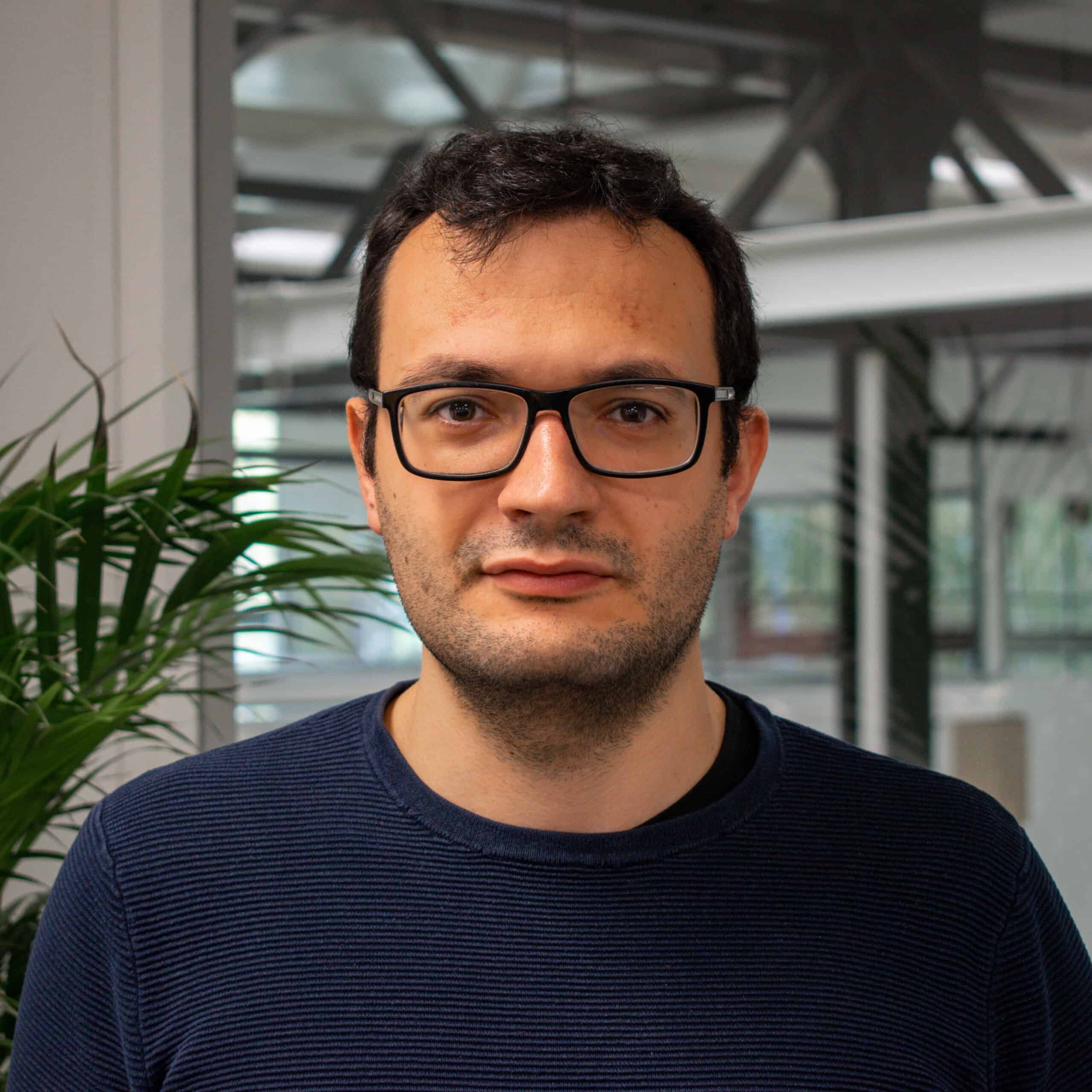
From a factory area past, the Telliskivi district of Tallinn, Estonia, is now one of the city’s liveliest hotspots. The several restaurants, cafes, and cultural venues brought color to the area, making it one of the must-visit places alongside the historical city center. One of the district buildings hosts Fotografiska, a photography museum. On the ground floor is a cadeau shop with replicas of the museum operas. A narrow corridor leads to the elevator. On the top floor is the homonymous restaurant, which embraces a fully circular approach.
- Tallinn’s Fotografiska restaurant serves Michelin-star meals with a circularity-focused approach;
- The restaurant grows vegetables on its rooftop and reuses its leftovers;
- Nutriloop wants to close the loop of circularity using biowaste to grow new food.
For these efforts, the Fotografiska restaurant received a Michelin Green star for gastronomy and sustainability. Growing vegetables on the rooftop and reusing leftover bread and organic waste are practices that are a testament to this effort and the possibility of serving high-quality food while reducing waste.
The modern-looking hall, with suffused lights, makes the visitor – there is room for a few tens of people – feel welcome with its coziness. At the entrance, dark wooden tables and furniture stand in stark contrast with soft ochre chairs. On the left-hand side is the bar, where one of the staff bartenders finishes the final touches before the arrival of the guests. Pan drizzles and kitchen noise compose, with the low background music, the evening’s soundtrack. Ample windows overlook Telliskivi and offer a view of the medieval city walls and St. Olaf’s church tower.

Circular entrees
A special craft beer? Or a delicate Mediterranean wine? Although classic options are available, at Fotografiska, the choice for a welcome drink is between different kinds of kombucha – an originally Chinese fermented tea – made with rooftop pine seeds or leftover orange peel. As with any given bottle of wine, the waiter makes the guest try a sip of the drink. But rather than checking the integrity of the bottle content, the preliminary tasting is to decide what flavor one enjoys most to accompany the meal.
As an appetizer, there is a colorful bread basket. Rye bread slices are omnipresent, but other leftover-made crusts of bread are available. Particularly, one of them is a light-cracker, mostly composed of seeds of any sort and shape. Shortly after, the starters arrive at the table. A beef tartare is one of the options, but vegan alternatives are there too, such as one with mushrooms. This ingredient is at the heart of many dishes on the menu.



Nutriloop
Peeter Pihel is the executive chef and the sustainability advocate behind the choices made at Fotografiska restaurant. In enhancing circularity at the restaurant, he found a partner in Marko Mäll, the founder of Nutriloop. This company is looking at the biowaste problem from another perspective, possibly eliminating the concept of waste. Nutriloop strives to establish a loop from table to table, collecting biowaste, valorizing it with bacteria and earthworms, and transforming it into a soil-enriching biofertilizer. Then, the compound becomes essential in growing new food in regenerative agriculture that is behind the preparation of dishes.
The main course of the evening is a potato rosti with mushrooms – and a mushroom cream, preceded by a mushroom tea. Another round of kombucha is served; this time, the choice goes for the pine seed-made one. “There’s a lot of greenwashing behind many projects that claim to have a circular approach. What you say must be in harmony with what you do because people buy what you say,” underscores Mäll.
As the meal goes by, Mäll tells more about the story of Nutriloop, a business selling worm composters that are now trying to implement this new approach in Estonia. “Before 2020, I thought of the composters as the solution to this problem, to realize that this whole new system was the innovation,” he emphasizes. Making an impact in the world was the motivation that made him quit his job at a gambling company and found a company that could make a difference.

‘People buy what you say’
Shying away from the definition of a biowaste managing company, Mäll prefers to describe Nutriloop as a facilitator for companies, restaurants, or whoever wants to embrace this new practice. In fact, on the other hand – or in one of the steps of the loop – are the farmers, who must be fully committed to the approach, too.
To foster the loop, Mäll is thinking of new tools to make more companies use Nutriloop’s services – at the moment, the partnership with the Fotografiska restaurant is one of the pilots being conducted. The first to leverage would be waste data management. With the information already there, the company is working to give more context to it and exploit its full potential. Mäll believes that could raise more awareness, as with no usable data, no one can really take responsibility for it. “You can’t improve what you can’t measure,” he adds.
Ice cream comes as a dessert, drawing the dinner to a close. Meanwhile, the tables are getting full, and new guests are sitting around the tables. Other glasses of kombucha are served, and leftover bread is matchmaking with butter. And the loop keeps closing.





